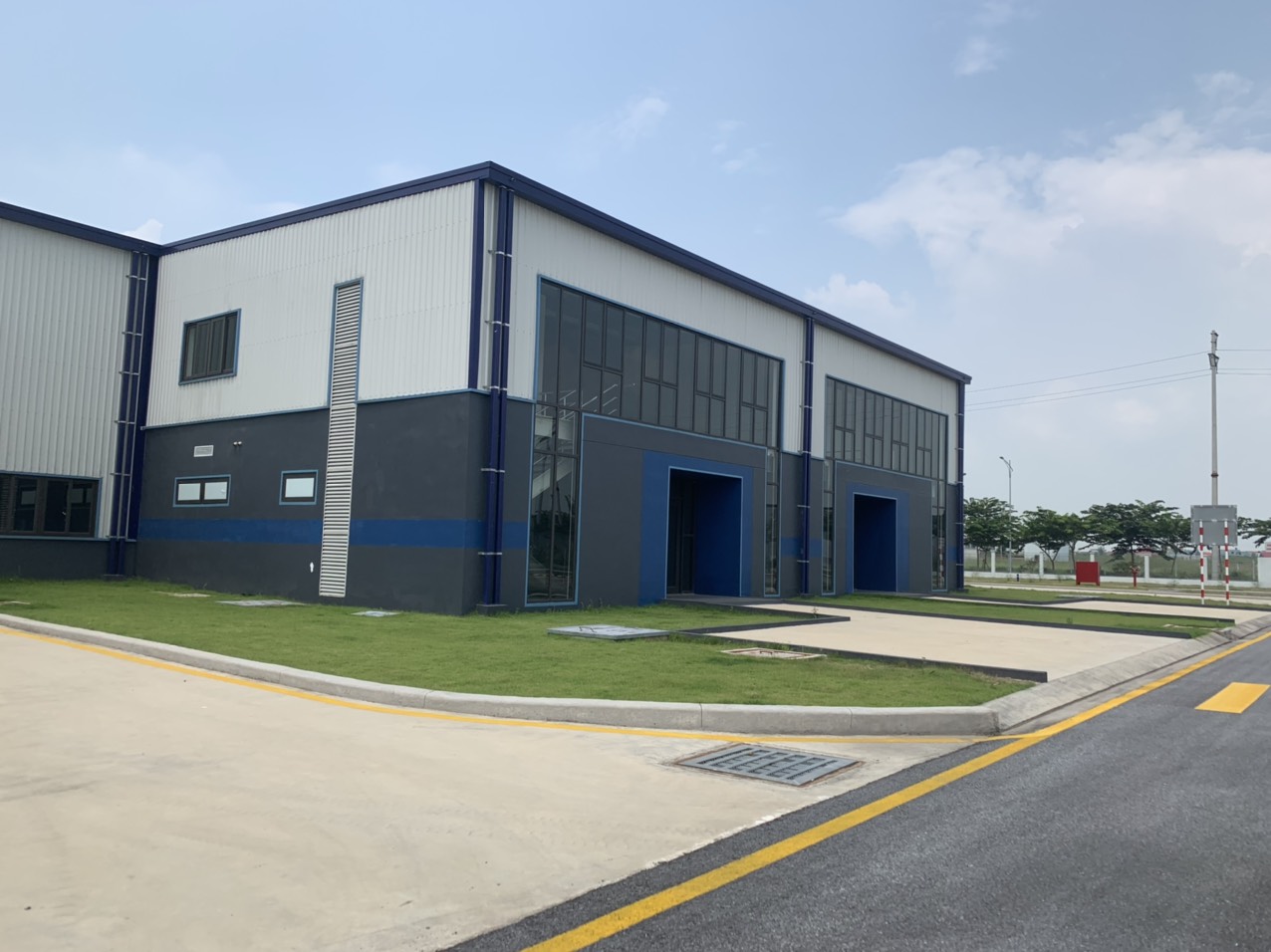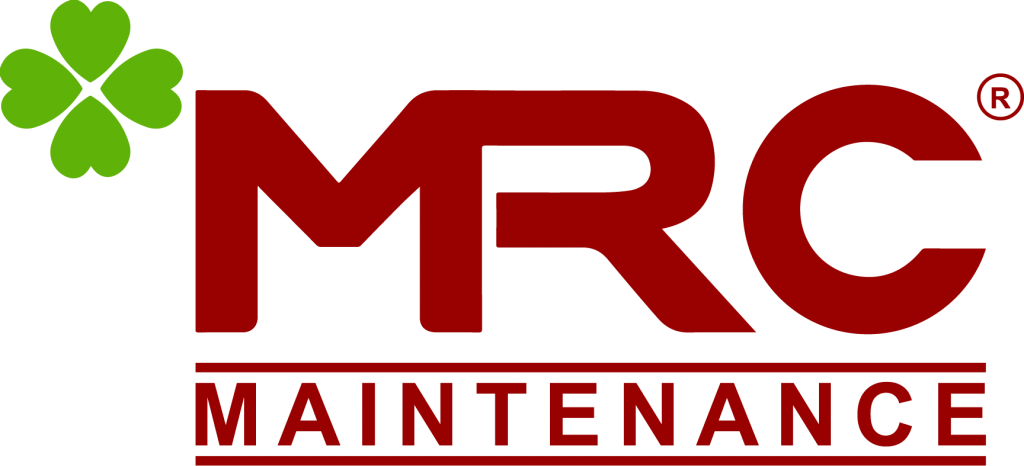Renovating ready-built factories for rent within industrial zones holds profound significance in catalyzing economic development, facilitating business expansion, promoting technological innovation, fostering sustainable industrial practices, and enhancing the overall competitiveness of economies. Industrial zones represent focal points for manufacturing activities, serving as dynamic ecosystems where businesses thrive, innovations flourish, and economic value is created. By revitalizing and modernizing existing ready-built factories within these zones, governments, investors, and industrial stakeholders can unlock a myriad of benefits that contribute to sustainable growth, job creation, and enhanced industrial competitiveness.

At the core of the significance lies the economic impact of renovating ready-built factories for rent. Industrial zones play a pivotal role in driving economic growth, attracting investments, and stimulating industrial activity. Renovating ready-built factories enhances the attractiveness of these facilities to potential tenants, providing them with modern, well-equipped spaces to conduct their operations. This, in turn, attracts a diverse range of businesses, from small and medium enterprises (SMEs) to multinational corporations, seeking to establish or expand their presence within industrial zones. The influx of tenants not only boosts occupancy rates but also generates steady rental income, thereby contributing to the financial sustainability of industrial zone developments. Moreover, the availability of renovated ready-built factories for rent reduces barriers to entry for aspiring entrepreneurs and emerging industries, enabling them to access affordable, high-quality industrial space and compete on a level playing field.
Furthermore, the significance of renovating ready-built factories for rent extends to fostering technological innovation and industrial modernization. By investing in the renovation of existing factory facilities, countries can create conducive environments for the adoption of advanced manufacturing technologies and digital solutions. Renovated factories can be equipped with state-of-the-art infrastructure, such as high-speed internet connectivity, smart sensors, robotics, and automation systems, enabling tenants to streamline their production processes, improve operational efficiency, and enhance product quality. Additionally, renovated ready-built factories can serve as testbeds for emerging technologies, innovation clusters, and research collaborations, driving cross-sectoral synergies and knowledge exchange within industrial zones. This technological leap not only enhances the competitiveness of tenant businesses but also positions industrial zones as hubs of innovation and technological excellence, attracting talent, investment, and partnerships from around the globe.
Moreover, the significance of renovating ready-built factories for rent encompasses environmental sustainability considerations. Industrial activities often have significant environmental impacts, including resource depletion, pollution, and carbon emissions. By renovating existing factory facilities to incorporate green building principles, energy-efficient technologies, and sustainable practices, countries can mitigate the environmental footprint of industrial operations while promoting long-term sustainability. Renovated ready-built factories can be designed to optimize energy and water usage, reduce waste generation, and minimize environmental pollution, thereby contributing to climate change mitigation efforts and environmental conservation. Additionally, the promotion of green building certifications, such as LEED (Leadership in Energy and Environmental Design) or BREEAM (Building Research Establishment Environmental Assessment Method), can incentivize developers and tenants to adopt sustainable building practices, further enhancing the environmental performance of industrial zones.
Furthermore, the significance of renovating ready-built factories for rent extends to social impact considerations. Factory renovation projects offer an opportunity to create inclusive, supportive environments that prioritize the well-being and safety of workers. Renovated ready-built factories can be designed to comply with modern occupational health and safety standards, ensuring a safe and healthy working environment for employees. Additionally, investment in amenities such as recreational facilities, childcare centers, and healthcare services within industrial zones can improve the quality of life for workers and their families, enhancing overall job satisfaction and employee retention. Moreover, the availability of renovated ready-built factories for rent can spur job creation and skill development, particularly in sectors with high growth potential, such as advanced manufacturing, clean energy, and biotechnology. By investing in human capital and social infrastructure, countries can build resilient, inclusive communities that thrive alongside industrial development.
Despite the numerous benefits, renovating ready-built factories for rent in industrial zones poses certain challenges. Financing constraints, regulatory hurdles, market uncertainties, and technical complexities are among the key barriers that developers and investors may face in undertaking renovation projects. However, these challenges can be addressed through targeted policy interventions, public-private partnerships, and innovative financing mechanisms. Government incentives, grants, and tax breaks can incentivize private sector investment in factory renovation initiatives, while streamlined permitting processes and regulatory reforms can facilitate project implementation. Moreover, collaborative approaches involving developers, tenants, financial institutions, and local communities can help overcome technical challenges and ensure the successful execution of renovation projects.
In conclusion, the significance of renovating ready-built factories for rent in industrial zones cannot be overstated. Beyond the economic benefits of attracting tenants, generating rental income, and stimulating industrial activity, factory renovation projects contribute to technological innovation, environmental sustainability, and social progress. By leveraging the transformative potential of renovation initiatives, countries can create vibrant, resilient industrial ecosystems that drive inclusive and sustainable growth. As we navigate the complexities of the 21st century, investing in the renovation of ready-built factories for rent within industrial zones emerges as a strategic imperative, paving the way for a more prosperous, sustainable, and equitable future.




